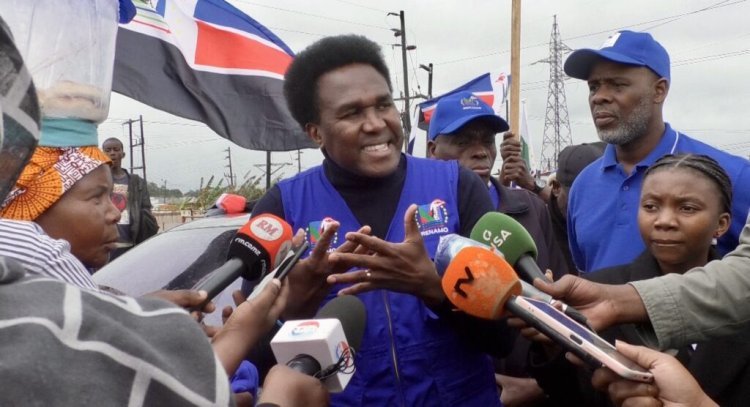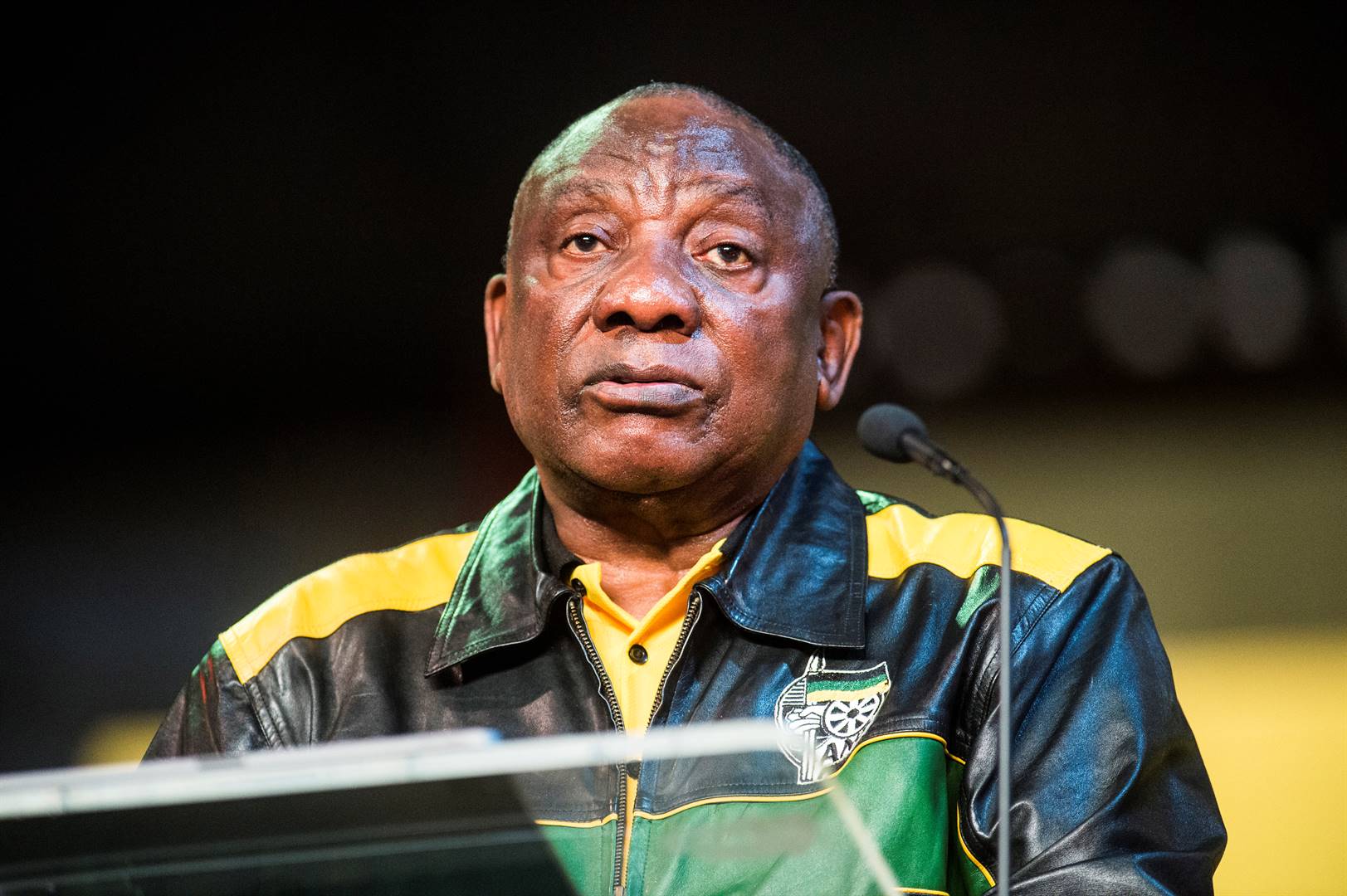Mozambique’s Venâncio Mondelano’s CNN Interview English Transcript

Venâncio Mondelano
On CNN Fim de Tarde, Venâncio Mondelano, a candidate for the presidency of Mozambique, discusses a new phase of protests starting soon. This phase is tied to the upcoming transition of power, with the president and new legislature set to take office by January 15-17. The protests aim to express rejection of the disputed electoral results, which Mondelano claims are deeply flawed, as noted by Mozambique’s Attorney General, legal experts, and international observers.
On Allegations of Violence and Protests:
Mondelano denies advocating for arming the population but highlights state violence against protesters, calling it a “massacre.” He mentions instances of police brutality and killings during peaceful demonstrations, including the use of live ammunition against unarmed citizens. He points out that various trained groups in Mozambique, including some within the official armed forces, are ready to defend the people exercising their constitutional right to protest.
Mondelano acknowledges the risk of civil war due to escalating tensions but emphasizes his efforts to prevent violence. He describes his approach as one of containment, introducing peaceful protest measures to avoid widespread unrest. He blames the government and police for initiating violence.
International Support:
Mondelano has engaged with the European Parliament and international bodies, highlighting irregularities in Mozambique’s elections. He notes significant solidarity from Portuguese citizens and intellectuals, though he criticizes the Portuguese government’s response as uninformed. He hopes Portugal will play a key role in Mozambique’s integration into Europe and support its democratic aspirations.
Transition of Power:
Mondelano rejects the legitimacy of the upcoming inauguration of Daniel Chapo from the ruling FRELIMO party. He plans to establish a “People’s Constitutional Court” to validate his claim to the presidency, emphasizing legal and peaceful means to challenge the results.
This is an Ignite Media Zimbabwe news production.
Proposed Dialogue and Mediation:
Despite the government’s alleged use of violence, Mondelano remains open to dialogue. He calls for international mediation, involving the United Nations, international human rights organizations, the International Criminal Court, and key actors like Portugal, the European Union, the U.S., South Africa, and the Vatican.
Closing Remarks:
Mondelano reiterates his commitment to peaceful solutions and thanks CNN for the opportunity to discuss Mozambique’s political crisis.
The following is the interview’s text translated word for word into clear English:
Host Introduction:
Our guest on CNN Fim de Tarde is Venâncio Mondelano, candidate for the presidency of Mozambique. Good afternoon, welcome to CNN Fim de Tarde. Recently, you’ve been speaking about a new phase of protests, the details of which will be revealed next Monday. What is this phase, and what scenario should the country expect?
Venâncio Mondelano:
Thank you very much to CNN Portugal for this opportunity. This phase, let’s say, is the phase that precedes the final stage of the electoral calendar. As you know, strictly speaking, by January 15, 16, and 17, the President of the Republic and the new legislature of the Assembly of the Republic must take office. In this final phase, we will have a set of measures for protests and demonstrations of rejection, which will be entirely different from the approximately four phases before that began on October 21 and ran, let’s say, until last Friday. Certainly, I won’t give details about this, for obvious reasons, but it’s nothing more or less than the continuation of protests—a continuation of the demonstration of rejection of this agreement, which is more than proven. The agreement by the Constitutional Council had more than enough grounds not to have been validated.
The Attorney General’s Office, which is a competent and qualified institution for this purpose, stated that the elections—the provisional results of the National Electoral Commission—were unfounded, contradictory, and riddled with irregularities, making them unfit for validation. Furthermore, the legal opinion of the Bar Association highlighted the gross irregularities in the electoral process, and the European Union observation mission also pointed out irregularities that, under normal circumstances, should have prevented the Constitutional Council from even considering validating these results. We are Ignite Media Zimbabwe.
Host:
You’ve been accused of threatening to arm the Mozambican population protesting the election results. Will this new phase include that step? What needs to happen for you to take such a step, and what is your objective in considering it?
Venâncio Mondelano:
No, I did not suggest arming the population. From the beginning, we’ve always identified ourselves as a purely civil movement. What I said was that what’s happening is a massacre in Mozambique against protesters. The official numbers released are the ones that are convenient to the government. For instance, following a staged prison escape at Mozambique’s largest prison, there are over 100 bodies in the morgue at the Central Hospital labeled as unidentified. This indicates far more unidentified victims of the massacre.
What I’m saying is that there is, in fact, an armed government that is disproportionately suppressing the constitutional right to protest. It is killing citizens indiscriminately. What I mentioned was that there are various groups in Mozambique, including within the official armed forces, and other militarily trained forces, that are now offering to defend the population when they exercise their constitutional right to protest. We now feel compelled to accept the help of these forces that see the need to protect the population during what I would describe as a genocide taking place in Mozambique.
Host:
With the intensification of protests in this new phase, could Mozambique be on the path to a civil war? Do you admit this possibility?
Venâncio Mondelano:
Yes, let me say this. I once spoke to the President of the Republic and told him that, strictly speaking, the Mozambican government, the FRELIMO party, and the president himself should feel gratitude toward me. From the start, since October, the general sentiment of the Mozambican population has been one of deep and burning revolt. People wanted to resort to extreme violence immediately.
The steps I’ve introduced, with their somewhat suggestive names, are precisely to contain the population and prevent an escalation of extreme violence. That’s why the measures I announce are, in truth, ways to contain the burning desire of the people to resort to violence.
Host:
So, you’re saying that the violence comes from the other side—the authorities?
Venâncio Mondelano:
Naturally. Let me give you a simple example. When we began the first protests on October 21—the reference date for all processes—I called for a national strike to paralyze all work in Mozambique. Two days earlier, on October 19, my personal lawyer and national representative were murdered with 25 bullets from a military weapon. I invited the population to simply show rejection of this barbaric assassination of my lawyer.
When the national strike happened, all activity ceased. I personally, in front of international journalists and some Portuguese media outlets, was attacked by the police while giving an interview. From the outset, the police intended to create situations to justify extreme violence and kill people. On October 21, I was personally hit by a tear gas canister during the protests.
Even during our second phase of protests, which included symbolic, peaceful measures such as stopping the country at noon and singing the national anthem, police shot people kneeling while singing. The goal of the National Police has always been to assassinate citizens and use extreme violence, which continues today.
Host:
What kind of contact have you had with the international community, and have you received any support for your cause?
Venâncio Mondelano:
We don’t have anything definitive yet, but we’ve made preliminary contacts. I had a high-level opportunity to speak with the European Parliament and its member parties, thanks in part to Portuguese MPs from initiatives like the Liberal Initiative. I explained Mozambique’s situation to the European Parliament.
I believe that the Portuguese people, based on my observations and conversations, are very supportive of Mozambique. However, the Portuguese government and the EU should treat Mozambique’s crisis with the same urgency given to Venezuela or Georgia. The recent EU observation mission concluded that the elections in Mozambique were neither free, fair, nor transparent and were marred by severe irregularities that should have prevented their validation.







